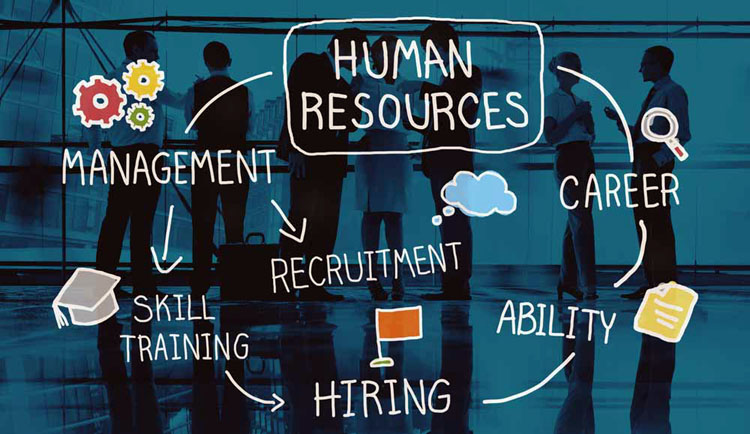Role of Human Resource Management in Organizational Performance
What is Human Resource Management?
Human Resource Management (HRM) is the function within an organization that focuses on the recruitment of management and providing direction for the people who work in an organization.
The HRM department members provide the knowledge, necessary tools, training, administrative services, coaching, legal & management advice and talent management oversight that the rest of the organization needs for successful operation.
HRM functions are also performed by line managers who are directly responsible for the engagement, contribution and productivity of their reporting staff members. In a fully integrated talent management system the managers play a significant role in and take ownership responsibility for the recruitment process. They are also responsible for the ongoing development of and retention of superior employees
Organizations also perform HRM functions and tasks by outsourcing various components to outside suppliers and vendors. The tasks those are most frequently outsourced take HR time and energy away from the HR activities that provide the most strategic value to the company. This outsourcing most frequently involves payroll functions but vendors and external consultants can help an organization with HRM in many ways. Specifically, many HR departments outsource background checking, benefits administration, training such as sexual harassment training, temporary staffing, employee handbooks, policy manuals and affirmative action plans.
HR practitioners in a small business who have well-rounded expertise provide a number of services to employees. The areas in which HR maintains control can enhance employees’ perception of HR throughout the workforce when they believe HR considers employees to be its internal customers and renders services with that in mind.
